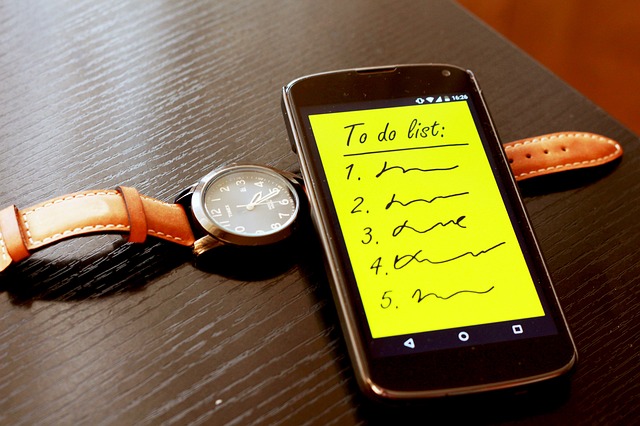To Make “To Do List”, or “Not To Do list?” – That is the Question!
The title of this post might remind you of Hamlet’s famous quote – “To do or not to, that is the question! But the purpose of using that similar quote does not mean to show any confusion as Hamlet did, but to compare and contrast the pros and cons of both tasks – whether to make a To-do List or Not To Do List for any work.
Which is the best time to note down what to do and what not? – when we are assigned to organize any event, start a business, do wedding shopping, shift house, or other such grand responsibilities. Let’s take an example of house shifting; you pack all kitchen small appliances in one Carlton, and cutlery items in other – what left crockery, dishes, and cleaning equipment.
Note down what you do not have to do – use new dishes you bought recently, and not open all cartons until and unless you don’t settle well and decorate the important furniture. On the other hand, your list to do includes all small chores which are obvious to do such as; open the basic cutlery carton that has spoons and forks, plates etc.
Similarly, when you’re going to start a new business, what you’ve listed under “not to do” will save your time and energy to get done with important works first. This is how making to-do and not to do list works in several occasions.
How come to-do lists don’t work?
- It’s too easy to get that littler thing checked off first. There are no dedication gadgets to immovably turn your resolve to the most important tasks rather than the simple ones. When smaller things are too easy to get done, smaller, less important things are all you will get done.
- The to-do list doesn’t work for projects and tasks that are open-ended. Plus, items and tasks can evolve or, then again end up noticeably out of date when you hit lunchtime, and before the day’s over, your schedule can look a totally foreign being compared to what actually needs to get done.
- To-do records likewise lead you far from inspiration and control. The very weight that can have such a positive impact in keeping you from the deep-end of lost time can just as much feel like nagging, leading to sentiments of blame and disappointment as opposed to inspiration and motivation. Now and again it feels like the list controls you, you don’t control the list
What saps your energy for the day?
As our new elected USA president Donald Trump says;
“Without passion, you don’t have anything, without energy you have nothing.”
This is the intersecting point of making the not-to-do list as it helps in saving your energy in doing what you’re passionate about. The first place to start as we build out a don’t do list is to figure out what energies your energy in the day.
If checking your email kills your profitability for whatever remains of the day, then add no email before twelve to your don’t do list.
Using Don’t-Do Lists to Set and Maintain Priorities and Focus
- Entrepreneurs utilize their don’t-do list much like their schedule: to concentrate their time and vitality on exercises that will most profit the organization. A don’t do rundown can likewise remind you to adopt another strategy to circumstances that have demonstrated risk.
- To-do list is endless, bulky, long and drawn out, dull and exhausting. You leave work to get back home to more work. Depleting. Fragmented rundown makes emotions related with apathy, concerned baffled, blame from keeping away from things.
- The overall reason why the not-to-do list is always beneficial because it helps in retaining priorities and help in saying focus on primary tasks. Whereas, by making a to-do list- the list of pending works keep on growing whether it’s anything.
- As the list grows, the aim is to get more done. Excessively aggressive, wind up noticeably disappointed for not finishing the whole rundown. Liable feeling if not able to finish errands. The rundown is organized and doesn’t take into account drive choices or unconstrained activities.
Author Bio
The writer of this article is Ronald Thomas, who is a professor and also delivers motivational speeches in educational seminars. He works with dissertation help as student organization counselor.
Source: smallbusinesscan.com




